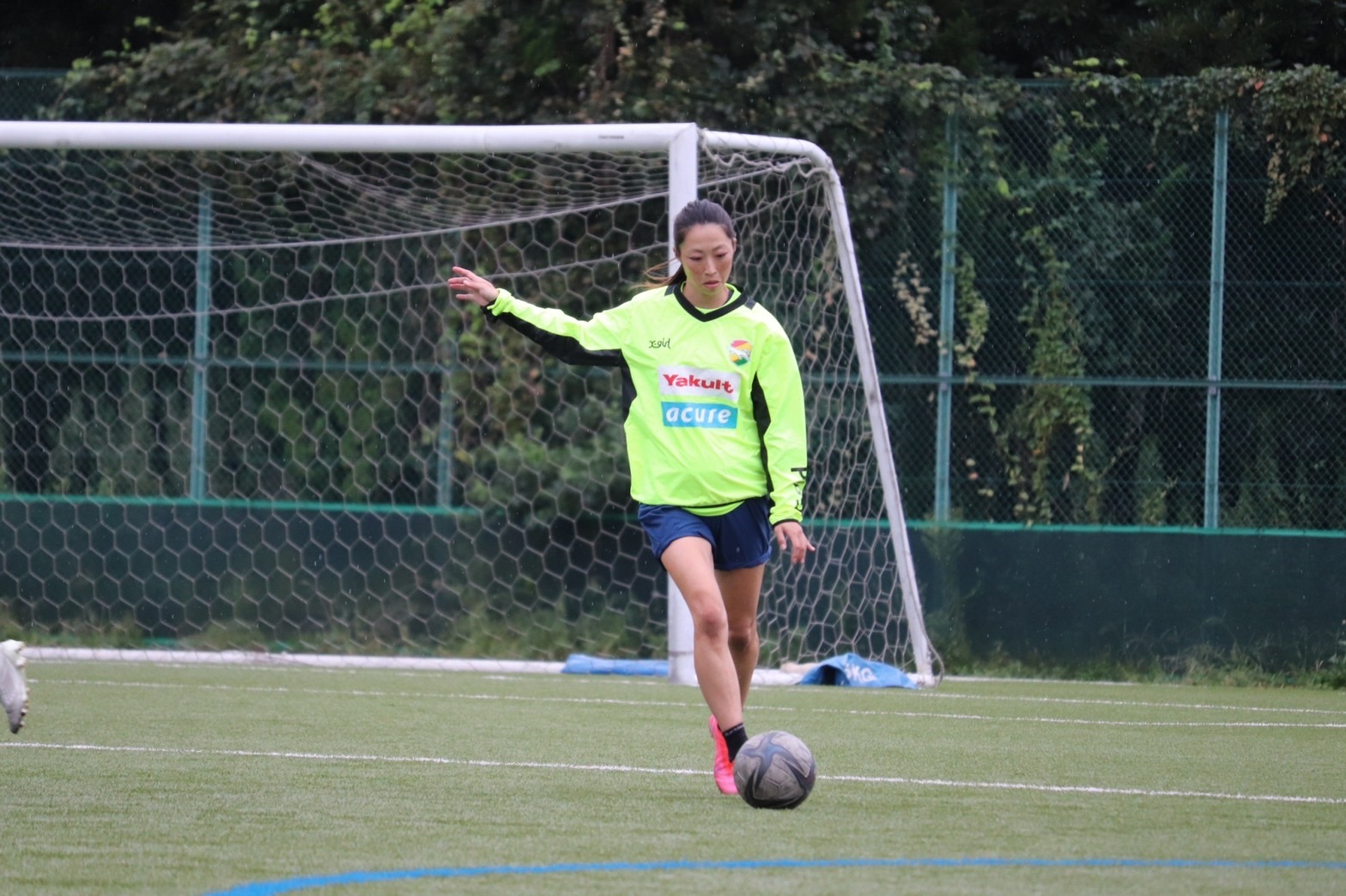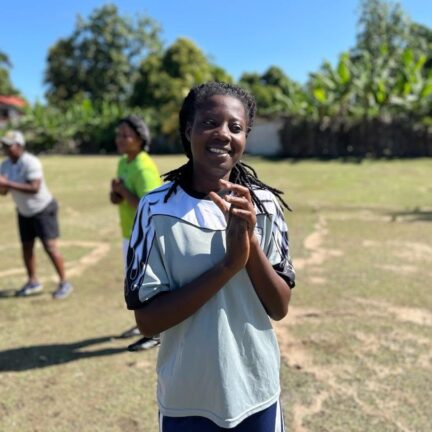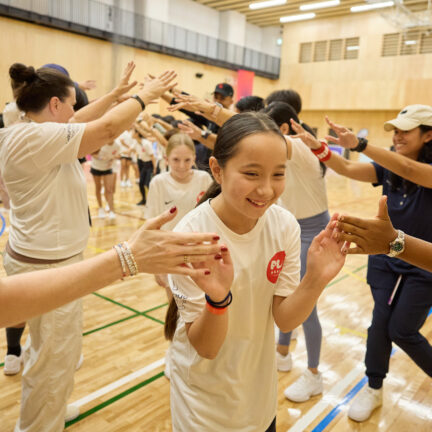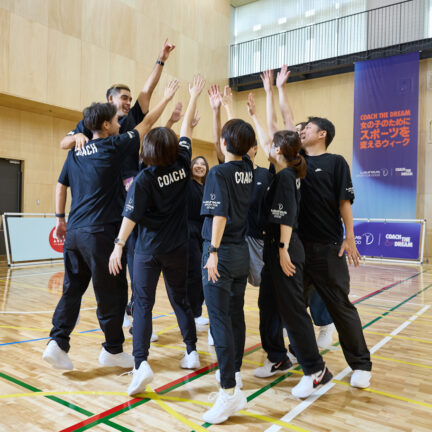By the time she was 13 years old, Ami Otaki thought she was done with soccer. She could not find a girls’ club nearby.
Her parents, however, made it work, driving her almost two hours to trainings on weekends.
Those long drives were worth it.
Otaki, who was born in a city one hour south of Tokyo in Hiratsuka, blossomed to reach Japan’s women’s national team by 2012; currently she competes on the JEF United Chiba club.
However, she believes difficulties of finding a local soccer club is still an issue for girls today in Japan. Many of her teammates experienced the same. That is why, having founded the organization Nadeshiko Care (NadeCare), Otaki teamed up with Play Academy with Naomi Osaka to tackle specific barriers that prohibit girls from playing soccer.
“My parents had to invest a lot in football,” said Otaki, who got into soccer by tagging along at her older brother’s trainings. “It was not easy to send a 13-year-old girl every weekend one hour and a half to two hours to training. I was fine, but maybe more for my parents that was not easy to let me play.
“There are not a lot of opportunities for girls between ages 13-15 to continue playing soccer,” Otaki, 32, continued. “After junior high, there are more teams for girls to play. But many girls already stop soccer between 13-15, so this is one of the issues we want to attack as NadeCare.”
It is not only an issue in girls’ soccer, but sports in general across Japan. Girls ages 6 to 17 are 20 percent less likely to participate in sports than boys, and face higher dropout rates starting as early as 10 years old due to challenges such as less access to space and programming.
From Otaki’s perspective, the lack of girls’ soccer teams for her was evident – she played in mixed teams until she was 18 years old.
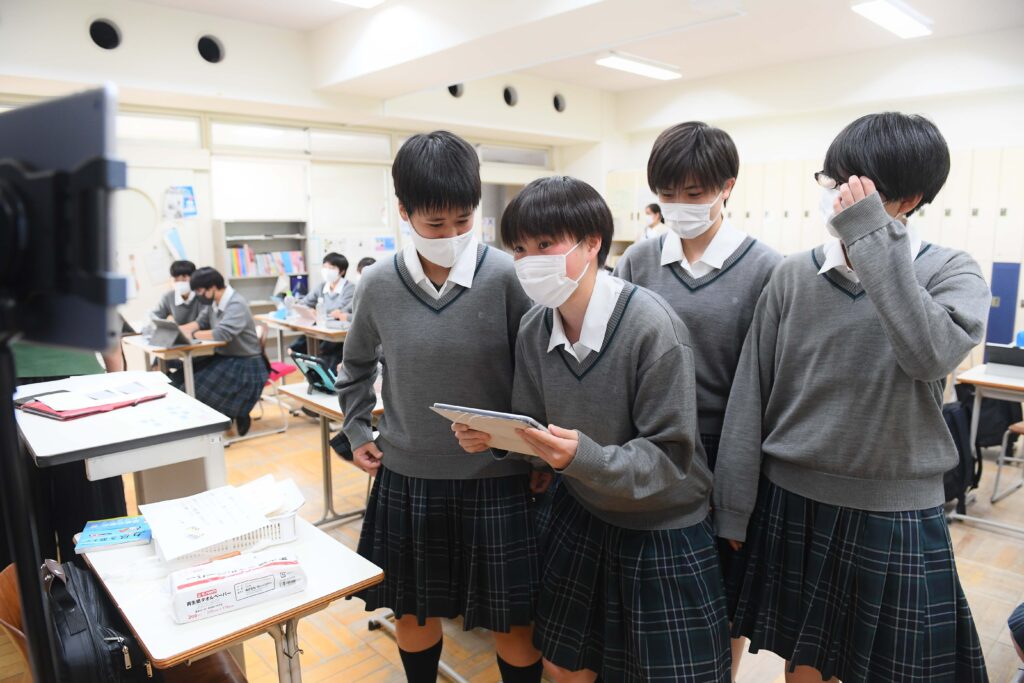
“Usually for the girls, we have a school sports team and every school has basketball, baseball and many sports teams,” Otaki explained. “But most of them in junior high school don’t have a team for women’s soccer. So if you go to the local school you have to choose what they have. Or if you want to play soccer, then you have to travel like I did. If you’re lucky, maybe there are some teams around there.”
Another barrier is helping parents understand the value soccer can bring in girls’ lives. Through funding from Play Academy – a partnership with Naomi Osaka, Laureus Sport for Good and Nike to change girls’ lives through play and sport – NadeCare held a workshop with active female players and parents to help them understand what soccer can do for their daughters and how the skills they learn will be skills for life. Founded only in 2019, NadeCare also needed to strengthen their internal capacity to help actualize their aspiration to change girls’ lives through soccer, which Play Academy’s 2021 grant helped muster.
A study conducted by the Japan NPO Center analyzed the confidence and self-esteem of girls between childhood and through the teenage years. By the age of 10, 88 per cent of boys had good self-esteem, compared to 59 percent of girls saying they like themselves. For kids at 14 years, 73 percent of boys had good self-esteem, compared to 46 percent for girls.
For Otaki, soccer developed skills transferrable off the pitch, especially learning how to play on a team. She wants girls to develop those skills, whether they go the elite route or play for fun.
“To play football, it’s not an individual sport and you always have to think about others,” she explained. “But still you have to be able speak up and say what you want while also listening to other players to hear what they want. Naturally you learn how to make the team and how to deal with your teammates, and this is one of the big things and it is something I can use in normal society and in a working place.”
